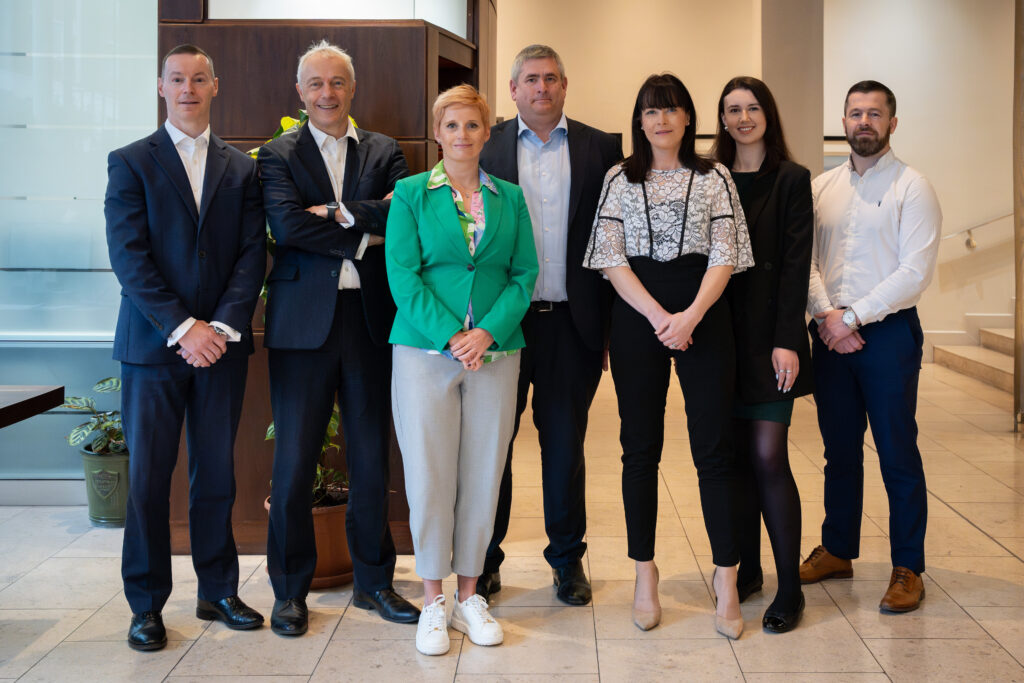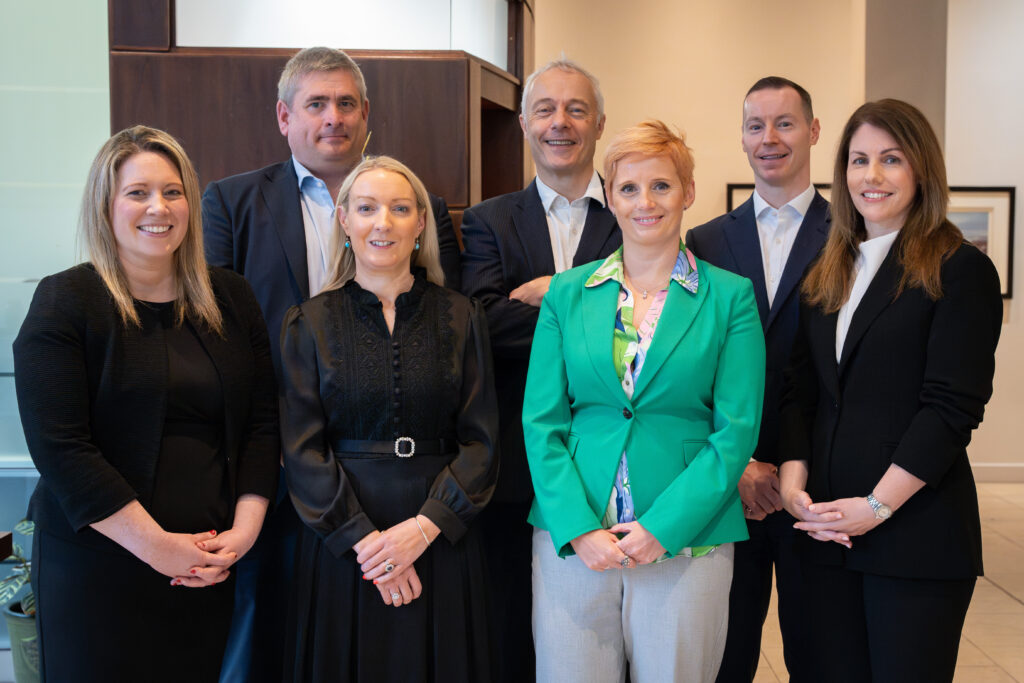A bare trust arises where assets are held by a person or persons (known as trustees) for the benefit of another person or persons (known as beneficiaries). Bare trusts are commonly, though not exclusively, used to hold assets for minors.
Bare trusts are often known and regarded as ‘simple trusts.’ They are not as complex as other trusts and their simplicity makes them easier to administer, as well as bringing certain tax advantages. Another type of trust used in Ireland is known as a Discretionary Trust.
WHO MIGHT USE A BARE TRUST?
Bare trusts are ideal for minor beneficiaries as the assets can be legally withheld from the child until they reach the age of 18, thereby protecting them from their own immaturity, whilst being more tax friendly than other trust types.
Bare trusts are very often used by grandparents who want to provide for their grandchildren where the children are too young to take the inheritance in their own right. For example, a bank account can be opened up with the grandparents (as trustees) being the signatories on the account. The grandparents can utilise the trust funds to help educate or maintain the child or, alternatively, by continuing to add to the trust until the child is old enough to take the gift at the age of eighteen.
BENEFITS OF A BARE TRUST
Trusts are often seen as the preserve of the very wealthy only but they can actually be used by very ordinary families wanting to secure a tax efficient fund for their loved ones. Bare trusts can offer a tax efficient way for parents, grandparents, or anyone else, to provide a nest egg for a minor child.
Bare trusts are ideal vehicles to receive assets which are likely to grow in value such as company shares or property. For example, parents can transfer assets that they are confident are likely to increase in value by transferring them into a trust when the value is still relatively low (in comparison to the future potential growth value). CAT is chargeable once the assets are placed in trust and therefore is chargeable on the lower entry value. There is huge potential for tax savings for assets of this nature.
HOW ARE BARE TRUSTS TAXED?
Capital Acquisitions Tax (CAT)
The transfer of property into the trust has the potential to attract CAT. Whether CAT is payable will depend on the value of the gift and the relationship between the person giving and receiving the benefit. At present, parents can give children up to €320,000 free of CAT, being the relevant group threshold between a parent and child. Gifts or inheritances received in excess of this amount will attract CAT. However, gifts received in the same year from an individual which are less than €3,000 will not affect the group threshold at all.
Capital Gains Tax (CGT)
A Capital Gains Tax (CGT) liability may arise on the transfer into the trust if the asset is carrying a gain, i.e. it has increased in value since it was acquired. Of course, if cash assets are transferred or assets carrying a loss are transferred no CGT arises. Any capital gains arising within the trust are those of the beneficiary.
Income Tax
Income Tax on property which is transferred into trust by someone during their lifetime for the benefit of a minor is assessed on the person who transferred the asset, not the minor. Therefore, in these circumstances it may be preferable to invest in non-income producing capital growth assets.
AVOIDING GIFT AND INHERITANCE TAX
Anyone who receives a gift or inheritance has a potential tax liability. The tax in question is known as Capital Acquisitions Tax (CAT). Whether CAT is payable depends on the value of the gift and the relationship between the people making and receiving it. Gifts and inheritances can be received tax free up to a certain amount. The tax-free amount varies depending on the relationship between the person making and receiving the gift. Generally, every gift or inheritance received during a lifetime eats into this threshold. However, the small gift exemption allows a person to receive a gift of €3,000 per year from any number of people without it affecting their group threshold.
Significant tax savings can be made when bare trusts are used with the small gift exemption. This is when bare trusts really come into their own. By way of example, each year a couple can give each child an amount equivalent to the small gift exemption (€3,000, equating to €6,000 in total per couple to each child). If they were to do this over the course of eighteen years the child could receive €108,000 tax free. Furthermore, the tax-free threshold is not utilised and therefore it is preserved for future gifts or inheritances.
FACTORS TO BEAR IN MIND WHEN CHOOSING A BARE TRUST
Often parents ask the question, ‘Can I take the trust assets back if needed?’ The answer is no. Therefore, a bare trust would be unsuitable if parents wanted the option to take the trust funds back. The nature of a bare trust is that once the assets are gifted they belong to the beneficiary and must be applied for the beneficiary’s benefit.
Another factor to bear in mind is that once the beneficiary reaches eighteen, the beneficiary can legally call for the trust assets to be transferred to him or her. It is this aspect of bare trusts that is often cited as a disadvantage, particularly if the trust fund is substantial, or if the beneficiaries are still too immature to handle the inheritance.
SUMMARY OF ADVANTAGES OF BARE TRUSTS
- Bare trusts are ideal for providing for a child’s third level education. Bare trusts facilitate family members contributing in a tax efficient way for a child’s future.
- Bare trusts allow for significant value to pass tax free when used in conjunction with the annual small gift exemption.
- Bare trusts can be used to pass assets, which have the potential for significant capital growth, to a child tax efficiently.
If you would like further advice on bare trusts please contact Claire Tuohy.









